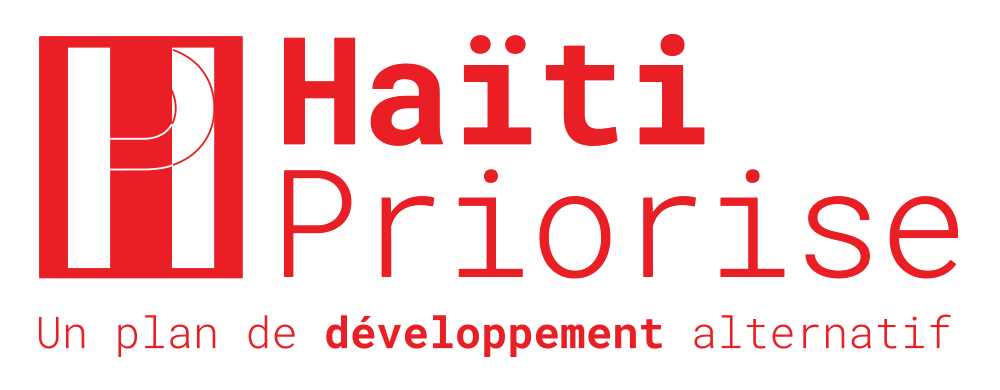Haiti Prioritizes
Costs and Benefits For Development Solutions
[[{"fid":"4950","view_mode":"teaser","fields":{"format":"teaser","field_file_image_alt_text[und][0][value]":"Purchase on Amazon","field_file_image_title_text[und][0][value]":false},"link_text":null,"type":"media","field_deltas":{"1":{"format":"teaser","field_file_image_alt_text[und][0][value]":"Purchase on Amazon","field_file_image_title_text[und][0][value]":false}},"attributes":{"alt":"Purchase on Amazon","style":"float: right;","class":"media-element file-teaser","data-delta":"1"}}]]If you were in the fortunate position of being able to direct how a large sum of money was spent to improve Haiti’s well-being and prosperity, what would you do? Maybe you would focus on improving education? Research shows that this improves a nation’s health and economy for generations. Or maybe your top concern would be healthcare, or water and sanitation? There are obviously many other issues like infrastructure or disaster preparedness. Moreover, what should you do within these broad areas? Within education, should you first focus on higher education or pre-school? Should your first health focus be immunization or diabetes? Should disaster preparedness include some sort of armed forces to replace the United Nations Stabilization Mission in Haiti (MINUSTAH)? When anybody tries to answer this question, all of us encounter the same problem: there is little information on the cost of such interventions and even less on the benefits. This book is the result of our collaboration with more than 700 economists, experts, and researchers from Haiti and around the world, spanning sectors like education, governance, health, nutrition, infrastructure and so many more, to identify and shift attention to the best policies for Haiti, giving its citizens a better chance at a more prosperous future. Since resources are limited everywhere, we believe economic prioritization should be included in any serious debate about policy planning and decision-making for every country, not just in Haiti. Each of these short chapters was written in the first instance as a newspaper article and published in one of Haiti’s leading newspapers, Le Nouvelliste or Le National. They have now been edited and refined for this book. There are many ways you could read this book, the most obvious being from cover to cover. But if you’re like most people, you probably have only a handful of policy areas that really matter to you. If that’s the case, flip to the table of contents, find the policy areas that interest you, and go straight to the relevant chapters.

